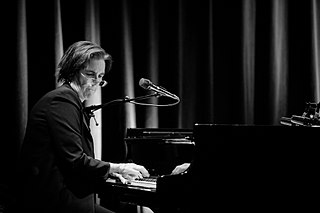A Quote by Samuel Johnson
Read over your compositions, and when you meet a passage which you think is particularly fine, strike it out.
Related Quotes
When the time comes to you at which you will be forced at last to utter the speech which has lain at the center of your soul for years, which you have, all that time, idiot-like, been saying over and over, you'll not talk about the joy of words. I saw well why the gods do not speak to us openly, nor let us answer. Till that word can be dug out of us, why should they hear the babble that we think we mean? How can they meet us face to face till we have faces?
If I were reading a book and happened to strike a wonderful passage I would close the book then and there and go for a walk. I hated the thought of coming to the end of a good book. I would tease it along, delay the inevitable as long as possible, But always, when I hit a great passage, I would stop reading immediately. Out I would go, rain, hail, snow or ice, and chew the cud.
I have a good friend, Rudolf Serkin, the pianist, a very sensitive man. I was talking to him one day backstage after a concert and I told him that I thought he had played particularly sensitively that day. I said, "You know, many pianists are brilliant, they strike the keys so well, but somehow you are different." "Ah," he said, "I don't think you should ever strike a key. You should pull the keys with your fingers."
There wasn't reparative therapy in Corinth. So in this passage I think people came to Christ and experienced a new life in him apart from the therapeutic process. But when it comes to someone pointing to this passage and saying homosexuals changed, well, I'm not sure that's what that passage is referring to.



































